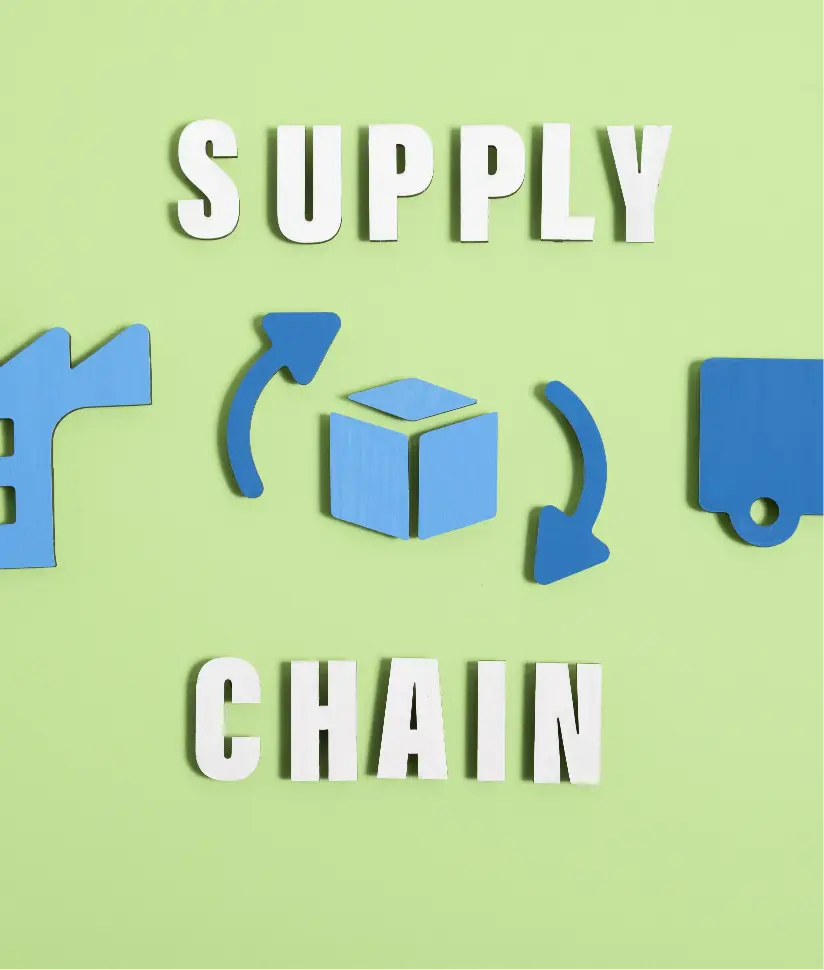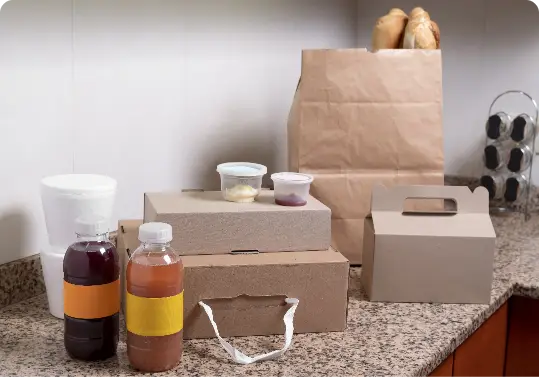
Food Services Management
Vendor Sourcing And Supply Chain
Any business that deals with purchasing and delivering commodities must have a strong understanding of vendor sourcing and supply chain management. Vendor sourcing is finding and choosing suppliers or vendors who can deliver the required products and services in the appropriate quantities and at the required quality, price, and quantity. In the sourcing process, prospective vendors are often assessed based on their standing, quality assurance procedures, costs, lead times, and customer service. To ensure that products are delivered to clients promptly, effectively, and economically, effective supply chain management entails coordinating all components of the procurement, production, and distribution processes. This includes controlling inventory levels, monitoring shipments, working with suppliers, and maintaining good client rapport.
In order for a food business to succeed, vendor sourcing and supply chain management are essential. To ensure effective operations and prompt delivery of high-quality goods and services, they require locating and developing partnerships with dependable vendors, monitoring the flow of goods and services, and optimizing inventory levels. Businesses can guarantee a consistent supply of necessities, uphold high standards for quality and safety, cut expenses, and boost their overall competitiveness in the market by concentrating on these tasks.







